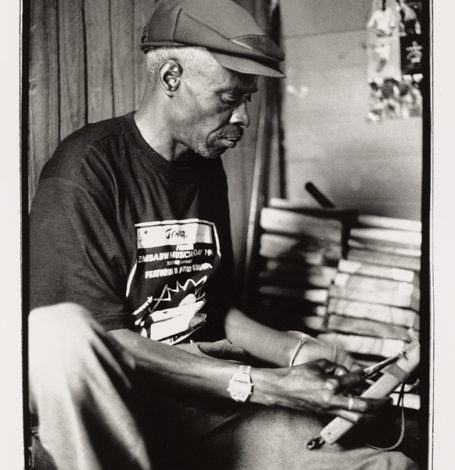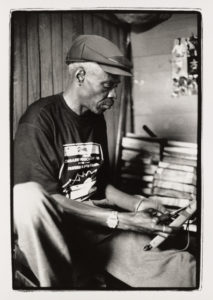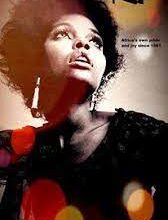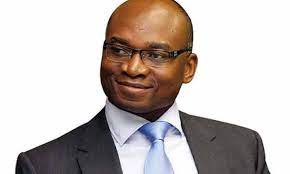Thomas Wadharwa – Sekuru Gora – The Old Dog that Mastered New Tricks
Walking Down The Memory Lane - Lest We Forget| Zimbabwe Legends - 1ZimLegends

Thomas Wadharwa – Sekuru Gora

By Tapfuma Machakaire 27/10/2022
He stunned viewers with his energetic dances when his video Kufa Kwangu Zvarova became a hit on national television in the early 1990s. Credit goes to top music producer, Clive Malunga, for recording the song and producing the video for the artiste many knew by the moniker, Sekuru Gora.
Before the song-cum-video was released, the musician was virtually an unknown act. But as the adage goes, “You’re never too late to learn,” Sekuru Gora mastered the art of showbiz when he was in his early sixties after going commercial as an artiste for the first time with Kufa Kwangu Zvarova. His grand entrance on the big stage was indeed the stuff legends are made of. And not many gave Sekuru Gora a chance in the cut-throat showbiz as they felt that the man was too old to perform. How wrong they were!
In reality, Gora looked older than he really was. His rather scruffy appearance and his background as a traditionalist and a mbira musician did not do any good to his image. But viewers seemed to have fallen in love with his grand entrance to the small screen. Gora adopted a simple strategy: he prioritised dishing out positive messages through his music while desisting misrepresenting himself to viewers with a sparkling appearance. This is how he earned the epithet, Sekuru Gora.
The name became so popular that probably only his family and some close relatives remembered his original name.
He was also not a fan of the media and he hardly opened up to tell his story. Few who have attempted to document his story appeared to have struggled to get information, hence the very limited information in the archives.
Born Thomas Wadharwa in 1937 Sekuru Gora was one of the most famous mbira players of all time. It is said, as a child, Gora loved to watch his grandfather crafting and playing the mbira instruments.
At the age of 14, Gora surprised family members when he suddenly started playing the mbira, an instrument which is not so easy to master. He soon started to be invited to play mbira at traditional spiritual functions.Only proficient mbira players who can produce the richly textured compound tunes deep enough to summon the spirits are welcome to perform at such functions.
His mbira songs, untainted with modern instrument are the preferred choice for presenters of cultural programmes on local radio and television channels.These include hits such as Chipembere, Kuzanga, Nhemamusasa, Mbavarira,Nyamamusango,Chipindura,Dande, Mahororo and Shanje.
Gora’s poignant vocals, and often hilarious lyrics will evoke emotions of anyone who follows and understands African traditional music. He produced the masterpieces from the same folk songs that have been repackaged by other artistes that include Chimurenga music guru, Thomas Mapfumo, Stella Chiweshe and Marimba music groups that entertain tourists from abroad known for their appetite for the African traditional tunes.In one of the few videos that he recorded Gora rekindles memories from his upbringing when he introduces the video with shots of him crafting mbira instrument.
In the 1990s Sekuru Gora recorded an album with Ephat Mujuru and The Spirit of the people described on the Mbira website as “wonderful classic recordings of the mbira group with Ephat Mujuru, together with Sekuru Gora on lead vocals.”
The site describes the recordings as the first to make popular a special type of mbira tuning known as Mavembe or Gandanga.
Sekuru Gora was fortunate to work with a friend and master mbira artiste Sekuru Tute Chigamba Moyo,his son Henry Chigamba and daughter Irene.
Sekuru Chigamba who began composing original mbira songs in the late 1970s is a respected mbira Guru who has followed the development of mbira music in Zimbabwe.
Sekuru Gora once commented on his partnership with Chigamba by simply saying “we have the same hands”. Describing an hour-long recording titled Vakuru Chaivo with Chigamba and Moyo -The Elders of Mbira Music by the two maestros at Shed Studios on September 9, 2000, writer Sekai Moyo said “Musically for me this is a relaxed recording.The two mbira players folding their vocal and mbira parts together effortlessly, comfortable and at ease from years of playing together.”
She said the mix places the mbira and Sekuru Gora’s voice in the foreground, Chigamba’s voice somewhat back, and the hosho distinct but seemingly across the room so that every nuance of the two mbira is clearly audible
Sekuru Chigamba was interviewed on the Website called Sekuru where he described his partnership with Sekuru Gora.He said Gora is the one who created what is known as the Mavembe or Gandanga mbira tuning. “I first met Sekuru Gora in 1970. He is the one who created the Gandanga,” says Chigamba.
He says Sekuru Gora told him that he created the tuning at a funeral when he decided to tune his instrument in a way that elicits sympathy. “Then he began to play, and people cried even harder.” Chigamba said Gora’s mbira on which he created the Gandanga tune was eventually stolen.
“When I saw him I said your mbira is exciting. Give it to me, so I can play it. And then I played it. It had been extended through the addition of some extra keys. But it took me only a single day, and I was able to play them all.”
Chigamba said after the encounter with Gora he made his own mbira similar to Gora’s and the two began playing mbira together.
“We used to play in Highfield and in Glen Norah and later in Chitunwgiza. We would play Nyamaropa tuning, and then we would play Gandanga. Oh, we played and played.”
He says the two later spent eleven months together at the National Dance Company. When Chigamba left Gora stayed on at the dance company as an instructor for ten years.
Chigamba says he reunited with Gora in 1980. “We made a film with Gora, Mujuru, myself, Irene, Leah, and Fungai. The film was intended for showing schoolchildren. But it was stolen, and we never saw it.”
Chigamba said he produced a CD with Gora but sadly Gora died before he could listen to it. “That was the final thing; he never even got to listen to it. He didn’t hear it”.
Kufa Kwangu Zvarova, the name of Sekuru Gora’s most popular video, is a statement in the indigenous Shona language which loosely translated means my legacy disappears upon my death. Could this have been a prediction or a statement of fact by Sekuru Gora? His music and his legacy seem to have faded away after his death in 2002. In inscription under one of Sekuru Gora’s YouTube video reads “As he rests among our ancestors we say thank you for the contribution to our roots and culture.”



48 Comments